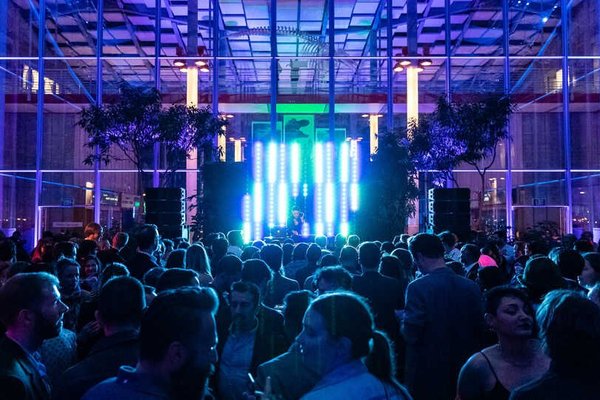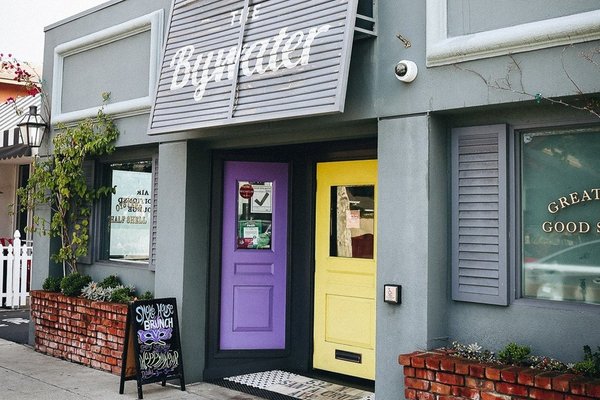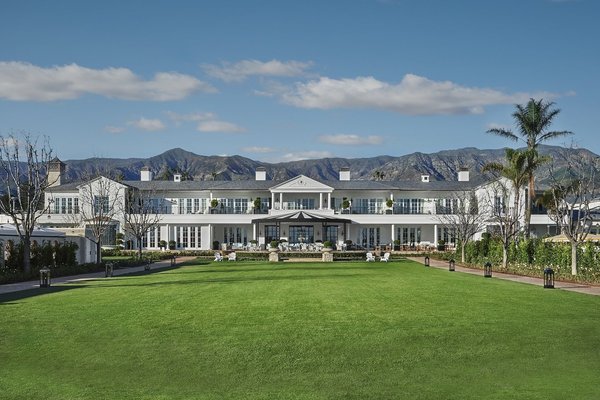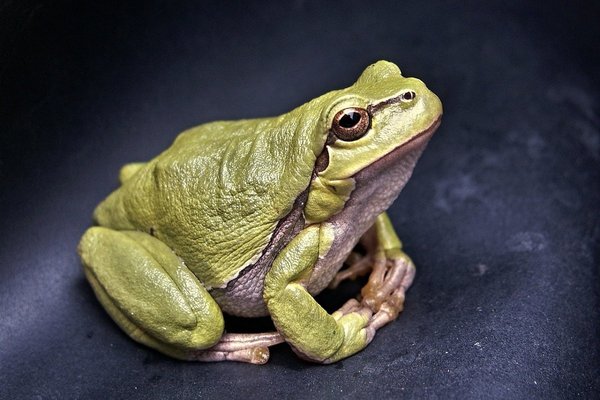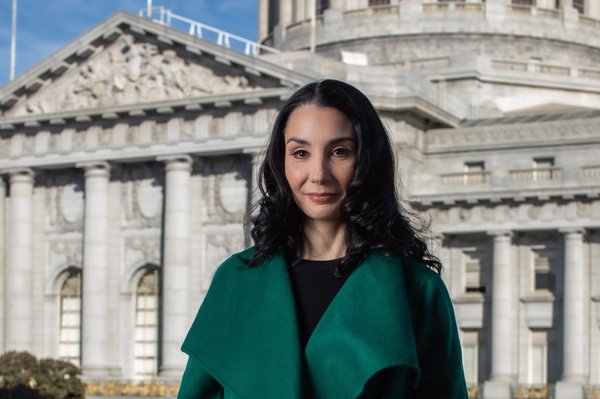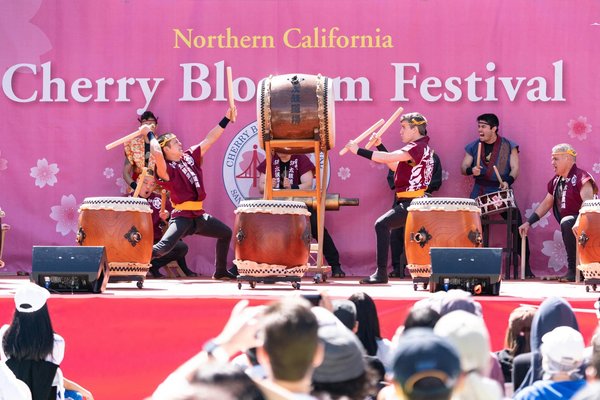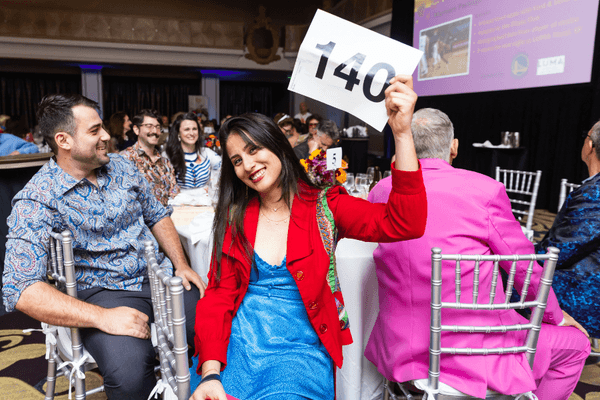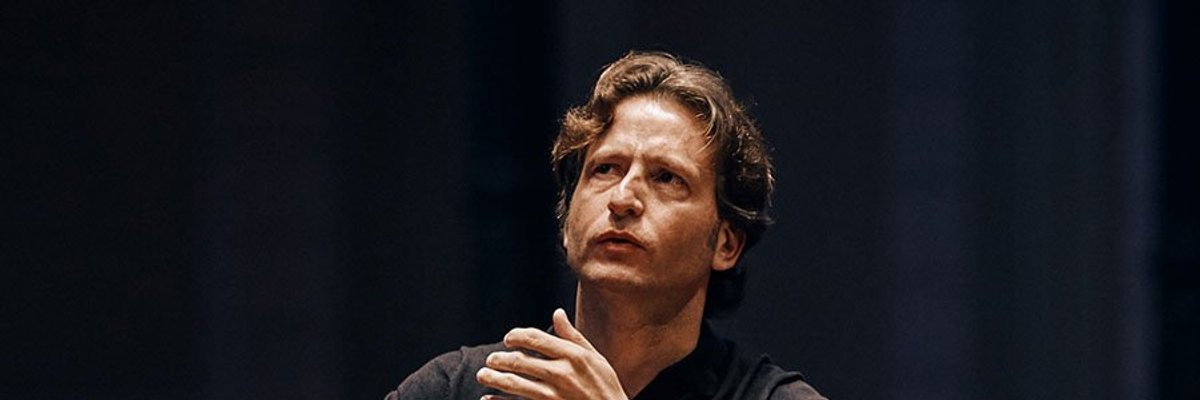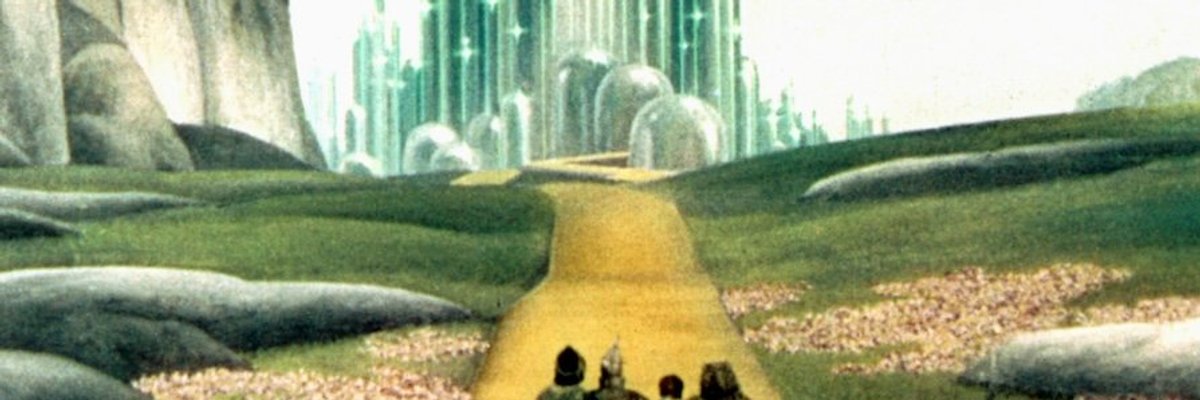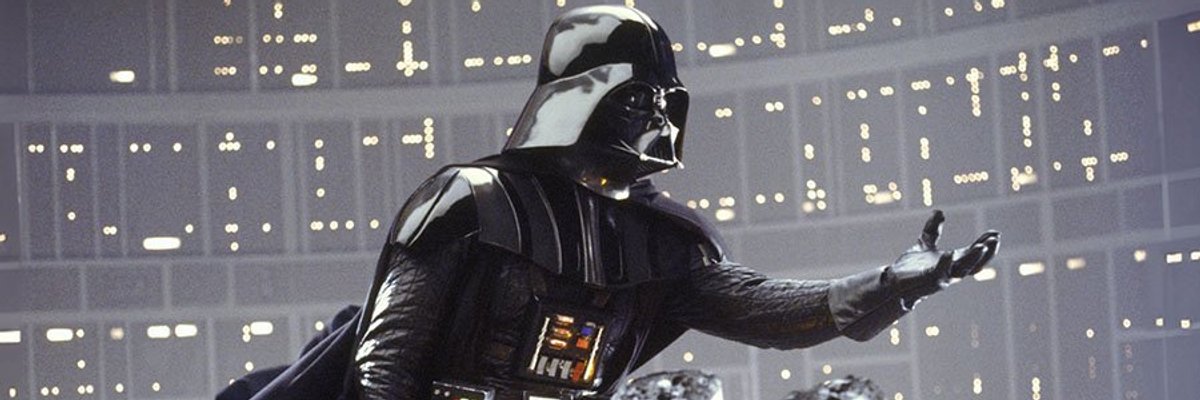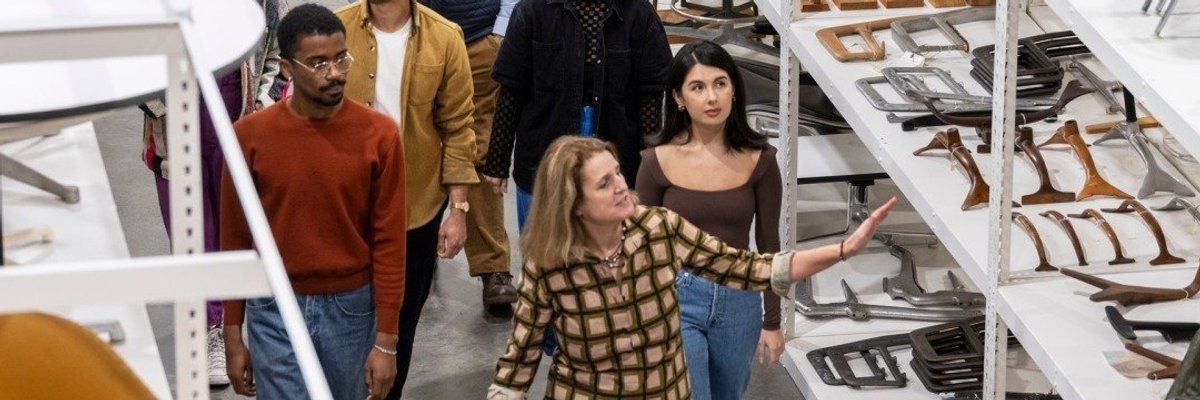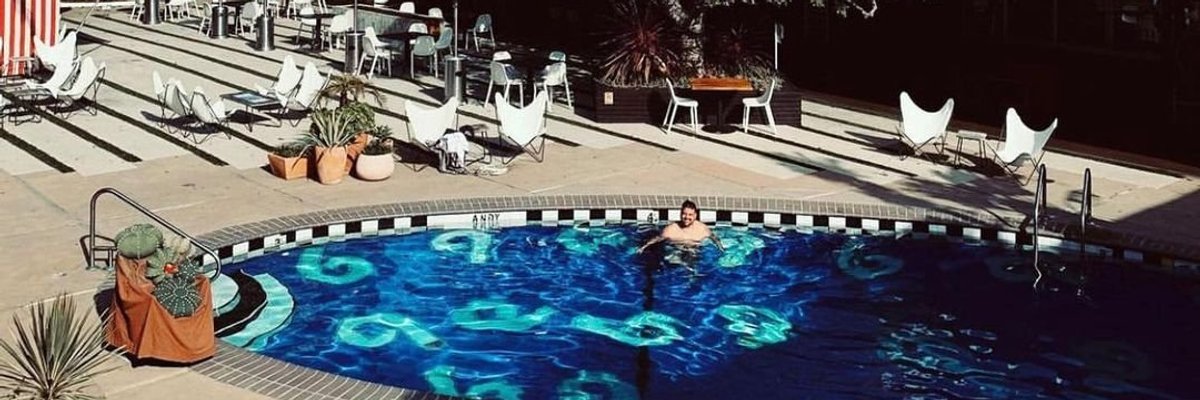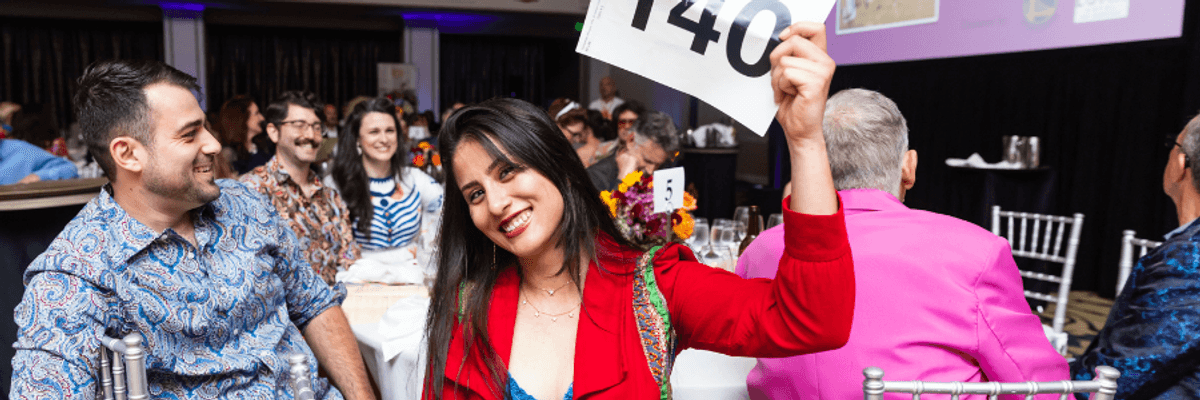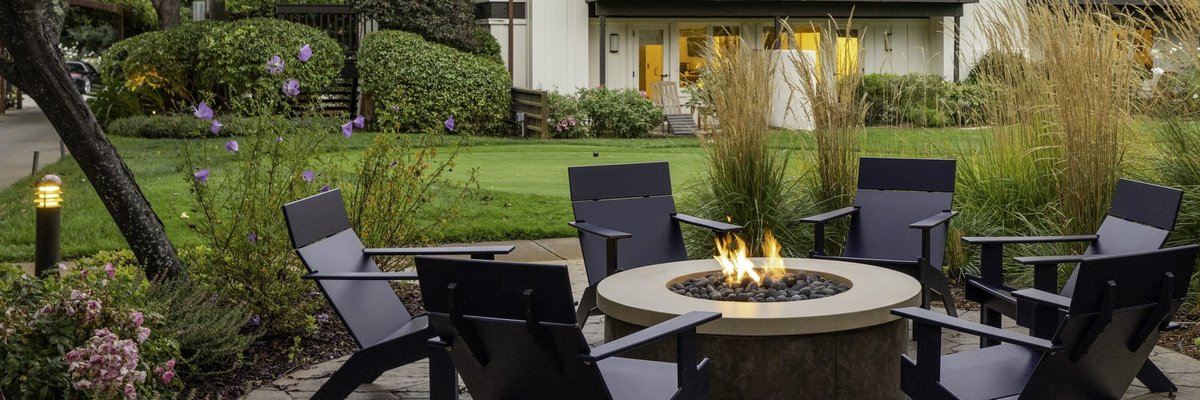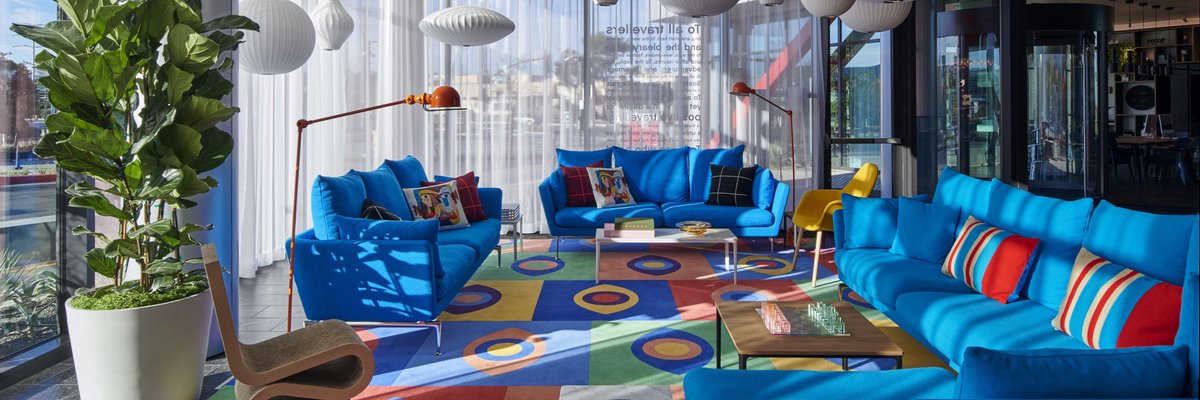Lounging in a conference room at San Francisco’s Four Seasons hotel, Lynn Shelton, the 43-year-old director anointed “the female Apatow” by her burgeoning legion of online fans, seems relaxed. She’s naturally handsome without seeming glamorized. She’s welcoming, quick to offer guests a drink from her modestly stacked beverage tray. And, thanks to her Sundance sensation Humpday, she’s finally enjoying a slice of the limelight.
It didn’t come easily. Shelton, whose My Effortless Brilliance (2008) explored the long-term fallout of a broken male friendship, ventures into edgier territory with Humpday, in which straight buddies played by Mark Duplass and Joshua Leonard consider sexually consummating their friendship for the sake of high art. It’s a premise bold enough not only to have won her the attention of international audiences, but also to have altered the course of Shelton’s career.
She has always been something of an artist of all trades. In grade school, she dabbled in writing short stories and poetry. Later, she added dancing, photography, video editing and stage acting to her already full résumé. (She appears briefly as a bohemian artist and swinger in Humpday.) But it wasn’t until her late 30s that she gained the confidence to commit herself to directing feature films.
For any up-and-coming filmmaker, particularly one like Shelton who lives roughly 1,200 miles from Hollywood, in Seattle, and is used to working with the skimpiest of shoestring budgets, the festival circuit is of critical importance. It’s not that she’s a superstar waiting to be born – she’s not interested in graduating from dialogue-rich, character-driven dramas to box-office blockbusters – but she wants her movies to be seen, with financing enough to make directing something more than an avocation.
After Humpday, that shouldn’t be a problem. Having earned the Special Jury Prize at this year’s Sundance, where it was also nominated for that festival’s top honor, the movie has been showered with critical praise and made Shelton one of America’s most talked-about directors of the moment. And here she is, relaxed and loving it. But it wasn’t always that way.
 On her reaction to the Sundance success of Humpday:
On her reaction to the Sundance success of Humpday:
“This is my third feature, so I’ve been on the American regional festival circuit twice before. I tried to get into Sundance with my first two features, but in hindsight I can say I’m grateful for the relatively gentle trajectory my career has enjoyed. My first movie [2006’s surrealistic fable We Go Way Back] premiered and won the Grand Jury Prize at Slamdance, which was the perfect place for me to start because it’s like a family there, and the smaller scale of it is so friendly and human.
“My Effortless Brilliance opened at South by Southwest, which is a much bigger festival, and I remember being shocked at how many press and industry people were there. I wasn’t getting interviews with anyone there because I didn’t know what I was doing, and I realized that if I was going to do Sundance, I was going to need some support – somebody who knows what the hell they’re doing, a sales agent or a publicist.
“Learning and meeting other filmmakers along the way helped me to appreciate the experience of Sundance that much more, not just because I was yearning for it, but because I was so much more prepared for it mentally and practically. I knew what I needed to have in place. And once the announcement was made that Humpday had won, it was a shock, a total life-changer in every way. Suddenly, I needed an agent to handle the press – I’d never had one before. It was thrilling, but overnight everything changed.”
On the challenges of ‘going Hollywood’:
“I have this really specific way of working that I’ve developed, and I don’t think it’s possible to create that on a much larger scale. It doesn’t mean that’s the only way I want to work, but I would like to continue to work that way. What I see happening for myself is that I will continue to make a film on the scale of Humpday every year or two, and that’s a tiny scale. At any given time, we only had eight or 10 people on set, and that’s including actors. We shot with very few lighting instruments on an intimate, on-location set. The only people allowed in the room when shooting was happening were the two camera operators, one of which is me, and the sound tech.
“I want to continue to make movies that way. I have a lovingly chosen, handpicked little group of people that are like my second family, and I always want to work with them. That said, I would like to expand my horizons, spread my wings. Is there a way I could intersect with Hollywood? For me, filmmaking is all about personal stories and deeply joyous experiences. I have no interest in suffering for my art. Life is too short to be miserable and stressed out about making movies. I don’t know if people can make movies on a grand scale and have it be fun.
“I think they can, and I want to learn how to do it. But I don’t think you’ll see me making Ocean’s 14 or Transformers 3.”
On the ‘mumblecore’ label that critics have foisted on her ever since We Go Way Back:
“I hate the term. It sounds awful, doesn’t it? If you define mumblecore as a group of filmmakers who don’t wait around for permission or money to make films, which is sort of this D-I-Y thing, that’s not a bad thing.
“There’s a group of American filmmakers who like to employ improvisation, attain a high level of naturalism in their dialogue, use cinema vérité-style camerawork. I suppose I’m part of that group, but we all make very different films. To lump us together, that’s like saying every movie shot with a camera on a tripod for $8 million is essentially part of the same group. It’s absurd.”
On the perception of Humpday as a comedy, and what tickles her about the dilemma facing her conflicted protagonists:
“I hate the word ‘dramedy,’ but that’s what my movies are. There is humor in the storytelling, but it’s not exactly honey to make the medicine go down. It just seems like comedy enables you to approach really awkward, deeper, more uncomfortable issues in a very palatable way. It creates some kind of comfort zone. And I never thought of Humpday as a comedy, but some of the tensest moments in the movie, at least in my mind, seem to get the biggest laughs.
“For me, the most amusing aspect of the story is the ultimate irony of these two guys being so straight that they box themselves into a corner through their own testosterone-dripping one-upmanship, and it’s a corner neither wants to be in – the challenge of being gay for a day. In a way, they can’t refuse to do it because they have to prove they’re not homophobic in some bizarre way – and they both are – but it’s not about sexuality or eroticism, it’s about the challenge. They get themselves there because of their inability to back down, because they don’t want to seem like wusses. It’s retarded.”
On audience reaction to the movie:
“Every audience turns it into a different film. The audience creates this energy, and you feed on everybody else’s discomfort and laughter. It’s fascinating. We showed it in Austin … not a good barometer there. The French are their own animal. The quietest audience I’ve encountered was in Edinburgh, at the film festival. The movie didn’t get a single laugh for the longest time there. And once people started to warm to it, even then the laughter was stingy. I was really nervous, and then we won their [Rotten Tomatoes Critical Consensus Award].
“I haven’t screened the film in any small American cities. I’m curious to see what would happen. There’s this vision of the film as some sort of art-house, festival favorite that, with the right marketing, could cross over. I didn’t know how small the niche audience would be, but my favorite moment at Sundance came at Whole Foods, when this really conservative-looking grandmother told me, ‘I read the premise of your film, and I knew it wasn’t for me. No interest whatsoever.’
“I don’t know why she saw it. Somebody dragged her to it, I guess. But she just loved it, and she went on and on about how much she loved it. It was then I thought maybe it could be a crossover hit. We’ll see. At least by the time it shows up on Netflix, I think it will have earned a few fans.”



